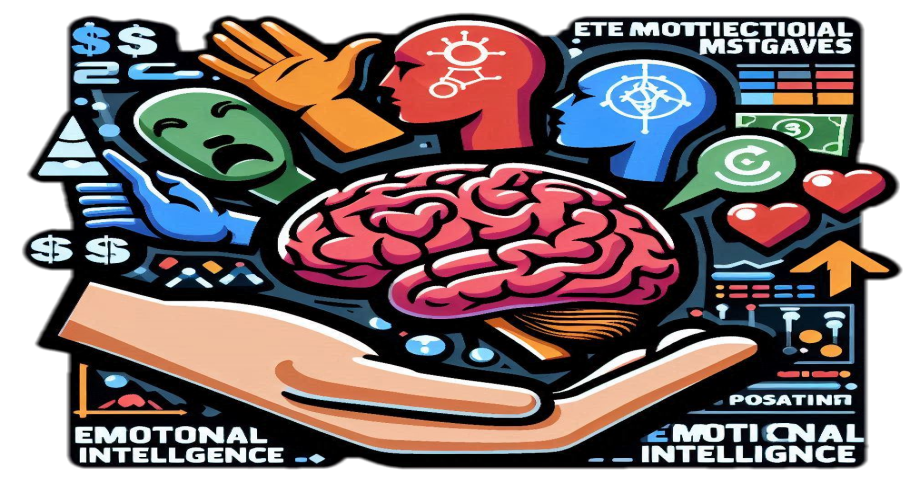




11.09.2024 In the fast-paced world of trading, technical skills and market knowledge are crucial, but emotional intelligence (EI) is often the differentiator between success and failure. Emotional intelligence refers to the ability to understand and manage your own emotions, as well as the emotions of others. In trading, this skill can significantly influence decision-making and overall performance. In this post, we’ll explore the role of emotional intelligence in trading and how to enhance it.What is Emotional Intelligence?Emotional intelligence encompasses several key components:Self-Awareness: Recognizing your emotions and understanding how they impact your decisions.Self-Regulation: The ability to control impulses and manage emotions, especially in high-pressure situations.Motivation: Being driven to achieve goals for intrinsic reasons, rather than external rewards.Empathy: Understanding the emotions of others, which can help in assessing market sentiment.Social Skills: Building and maintaining relationships, essential for networking and collaborating in the trading community.The Impact of Emotional Intelligence on TradingImproved Decision-MakingTraders with high emotional intelligence are better equipped to make rational decisions rather than impulsive ones driven by fear or greed. This ability to remain calm and collected leads to more effective trading strategies and outcomes.Resilience to Market VolatilityThe financial markets are inherently volatile, and emotional intelligence helps traders cope with fluctuations. Emotionally intelligent traders can handle losses better, maintaining perspective and staying focused on long-term goals.Enhanced Risk ManagementUnderstanding your emotional triggers can improve your risk management strategies. By recognizing when fear or overconfidence may cloud your judgment, you can implement measures to protect your investments.Better Stress ManagementTrading can be stressful, and emotional intelligence equips traders with tools to manage stress effectively. Techniques such as mindfulness and self-reflection can help reduce anxiety and improve focus during critical trading moments.Increased AdaptabilityThe ability to read market sentiment and adapt to changing conditions is vital. Traders with strong emotional intelligence can assess how external factors may affect market behavior and adjust their strategies accordingly.Strategies to Enhance Emotional IntelligencePractice Self-ReflectionRegularly reflect on your trading experiences and emotional responses. Keeping a trading journal can help you identify patterns in your emotions and decision-making.Develop Mindfulness TechniquesIncorporate mindfulness practices, such as meditation or deep-breathing exercises, to enhance self-awareness and reduce stress. Being present can help you make more deliberate and thoughtful trading decisions.Set Realistic GoalsEstablish clear, achievable trading goals to help you maintain focus and reduce anxiety. Setting realistic expectations can mitigate emotional highs and lows associated with trading outcomes.Seek FeedbackEngage with other traders and seek constructive feedback on your trading approach. Learning from others’ experiences can provide valuable insights and enhance your emotional resilience.Continuous LearningStay informed about market trends and trading strategies. The more knowledge you acquire, the more confident you’ll feel in your decisions, which can positively influence your emotional state.ConclusionEmotional intelligence is a vital component of successful trading. By developing self-awareness, managing emotions, and understanding market sentiment, traders can make better decisions and navigate the challenges of the financial markets more effectively.